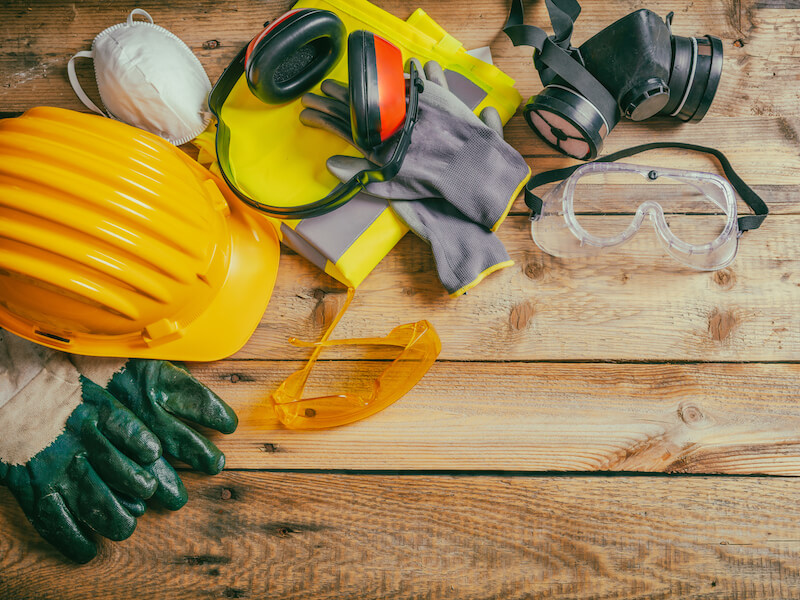
Approximately two million workplace injuries are reported each year. Usually, we think about a hand caught in a piece of machinery or a flying projectile when we consider work-related injuries.
But there is a much more insidious on-the-job injury that is even more prevalent and frequently unnoticed. Over the course of several years, it will sneak up slowly on people. Most individuals don’t even notice it’s occurring until it becomes severe. People typically make excuses. “It will go away” or “I’m just getting older. This response is normal.
And it’s unusual for people to even recognize that their workplace is to blame for this injury.
Hearing damage is this insidious injury. There are numerous warning signs you should identify, and there are essential steps you need to take if you suspect the damage is already done.
Exactly When Does The Volume Become “Too Loud”?
Continual exposure to sounds louder than 85 decibels (dB) can cause permanent damage to your hearing. For reference, a vacuum cleaner runs at around 75 decibels dB. A lawnmower delivers 85 dB. A leaf blower or chainsaw creates over 100 dB. And the volume of a gunshot comes in at 140 dB.
How loud is your workplace? Is the most common workplace injury a problem for you? If you’re frequently exposed to something as loud as a lawnmower, even if it’s not continuous, your hearing is likely to become damaged over time.
Hearing Damage Signs
If you work in a loud environment, there’s no doubt you’re harming your hearing.
Your experiencing hearing loss if you notice any of the following symptoms:
- Conversations sound muffled.
- You often ask people to repeat themselves.
- People are always complaining about the high volume of your media devices.
- You think people speaking to you are constantly mumbling.
- You experience pain when you hear loud noises.
- When people speak, you tend disengage.
- You can’t understand the person speaking if there’s background sound.
- You hear ringing, hissing, or whistling even when it’s quiet.
- You confuse consonants – “Todd” sounds like “Dodd,” for example.
What Are Employers Doing to Lessen Hearing Damage?
Businesses and organizations are working with the latest technology to reduce workplace noise in overly loud settings. Government agencies are endeavoring to update recommendations that will minimize workplace noise and protect employees.
Employees are speaking out as they become mindful of the chronic damage that workplace noise is causing. Over time, their voices will lead to further change.
Preventing Further Damage
Safeguarding your ears before they become damaged is the best plan if you work in a loud setting. Potential damage will be decreased by wearing protective earmuffs or earplugs.
Make an appointment for a hearing exam right away if you think a noisy workplace has caused injury to your hearing. When you ascertain the extent of your hearing loss, you will learn how to prevent further damage going forward. We can help you develop strategies to avoid additional hearing loss and address the damage you’ve already experienced.
